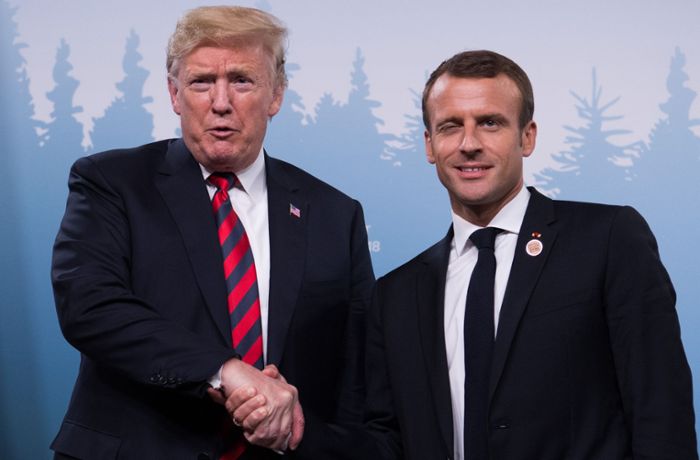
Introduction
The relationship between French President Emmanuel Macron and former U.S. President Donald Trump has been a subject of considerable interest since Trump took office in January 2017. Their interactions have reflected the complexities of transatlantic relations, highlighting differing political ideologies and approaches to global issues from climate change to trade. Understanding this relationship is crucial as both leaders shaped their respective countries’ positions on the world stage during their tenures.
Key Events and Interactions
Macron and Trump first met in May 2017, shortly after Macron’s election, and their initial encounter included a notable handshake that was widely discussed in the media. This handshake symbolized a mix of mutual respect and underlying tension, setting the tone for their future interactions. Over the years, while Macron and Trump shared some common ground, particularly in their emphasis on national interest, stark contrasts surfaced. Macron’s commitment to multilateralism clashed with Trump’s ‘America First’ foreign policy.
The two leaders had significant disagreements, especially regarding climate change. Macron was a staunch advocate for the Paris Agreement, criticizing Trump’s decision to withdraw the U.S. from the accord. In response, Macron launched the ‘Make Our Planet Great Again’ initiative to attract climate scientists to France, further showcasing their contrasting environmental policies.
Trade relations also marked a pivotal point in their relationship. In 2018, during a visit to Washington, Macron engaged in negotiations with Trump over steel and aluminum tariffs, championing a united approach between the European Union and the U.S. However, the willingness to collaborate was often undercut by Trump’s unilateral trade decisions.
Recent Developments
As of late 2023, the geopolitical landscape has been significantly influenced by events such as the ongoing conflict in Ukraine and rising tensions with Russia and China. Macron has positioned France as a key player within the European Union and NATO, emphasizing the need for strong alliances to counter threats to global stability. Trump’s continued influence on American politics, particularly with the upcoming presidential election, raises questions about the future of U.S.-France relations.
Conclusion
The interactions between Emmanuel Macron and Donald Trump illustrate the intricacies of international diplomacy, characterized by a blend of cooperation and conflict. As both leaders navigate their political landscapes, the significance of their relationship remains evident. Observers note that understanding this dynamic can shed light on broader trends within international relations and the future strategies of both countries, particularly as global challenges continue to evolve. Future meetings—or the lack thereof—could reshape transatlantic relations in unprecedented ways, impacting not only France and the U.S. but the broader international community.



